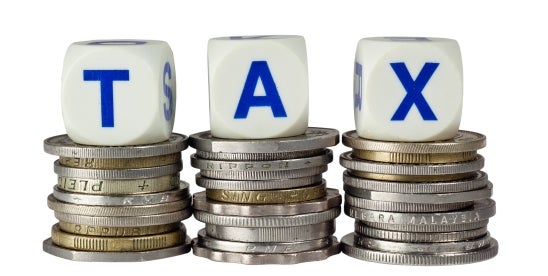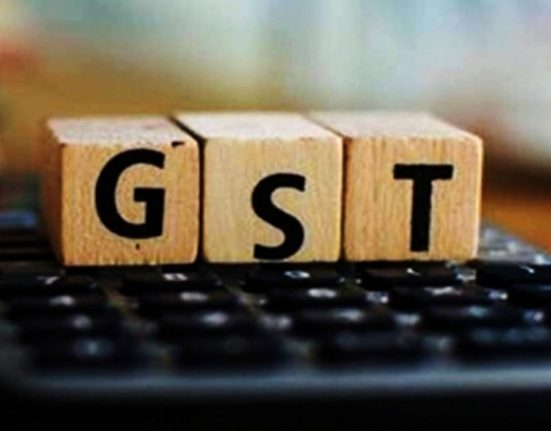The House Committee on Ways and Means advanced a tax bill on May 14, 2025, as part of the budget reconciliation legislation aimed at enacting the Trump administration’s fiscal priorities. Notably, the proposed legislation does not eliminate or limit the exclusion of interest from gross income for federal income tax purposes for any class of municipal bonds. Among the proposed changes to current tax law, the bill includes provisions impacting the municipal market and its participants that would:
| i. | enhance the low-income housing tax credit, |
| ii. | increase the rate of, and the range of institutions subject to, the endowment tax added in 2017, |
| iii. | make technical amendments to the small issue manufacturing bond provisions, and |
| iv. | curtail the continued availability of clean energy credits for new projects. |
Low-Income Housing
The bill proposes several changes to the low-income housing tax credit program, including:
- Temporarily lowering the tax-exempt bond-financing requirement for projects using the “4%” low-income housing tax credit to 25% of the project’s aggregate basis, down from the current 50%. This lower threshold would apply to buildings placed in service after Dec. 31, 2025, where at least 5% of the financing is sourced from bonds issued between Dec. 31, 2025, and Jan. 1, 2030.
- Increasing the ceiling on housing tax credits allocable by states by 12.5% for calendar years 2026 through 2029.
- Raising the eligible basis for buildings placed in service between Dec. 31, 2025, and Jan. 1, 2030, by up to 30% for projects in rural and Indian areas, as defined under section 4(11) of the Native American Housing Assistance Self Determination Act of 1996.
Endowment Tax
The proposed legislation includes changes to the excise tax imposed on private colleges, universities, and foundations:
- Increasing the excise tax rate for private colleges and universities with endowments of more than $750,000 per eligible student from the current flat rate of 1.4% to an annual rate ranging between 7% and 21%, depending on the institution’s student-to-endowment value ratio.
- Narrowing the definition of eligible students to those meeting the student eligibility requirements under section 484(a)(5) of the 7 Higher Education Act of 1965, generally limited to U.S. citizens and permanent residents.
- Including income derived from student loan interest and royalties from federally subsidized research in the calculation of net investment income subject to the excise tax.
- Exempting certain religiously affiliated colleges and universities from the endowment tax.
- Raising the excise tax rate on private foundations’ net investment income from the current flat rate of 1.39% to an annual rate of up to 10% for private foundations with assets of at least $5 billion.
Small Issue Bonds
The bill proposes technical changes to Section 144 of the Internal Revenue Code to reflect updates made to the capitalization of certain startup costs.
Clean Energy Tax Credits
The bill aims to accelerate the phase-out and termination of various clean energy tax credit programs:
- Gradually phasing out the 48E Investment Tax Credit and 45Y Production Tax Credit starting in 2029, with full elimination by 2032.
- Repealing the transferability of credits for projects commencing construction after Dec. 31, 2027, and clean fuel production starting after the same date.
- Terminating tax credits for electric vehicles and chargers sold or placed in service after Dec. 31, 2025, with limited exceptions.
Next Steps
The reconciliation bill, including these tax provisions, will be consolidated by the House Budget Committee and subsequently reviewed by the Rules Committee before consideration on the House floor. Once passed, the bill will require approval by both chambers of Congress, with differences resolved before enactment. The legislative process may bring changes to these tax provisions.







